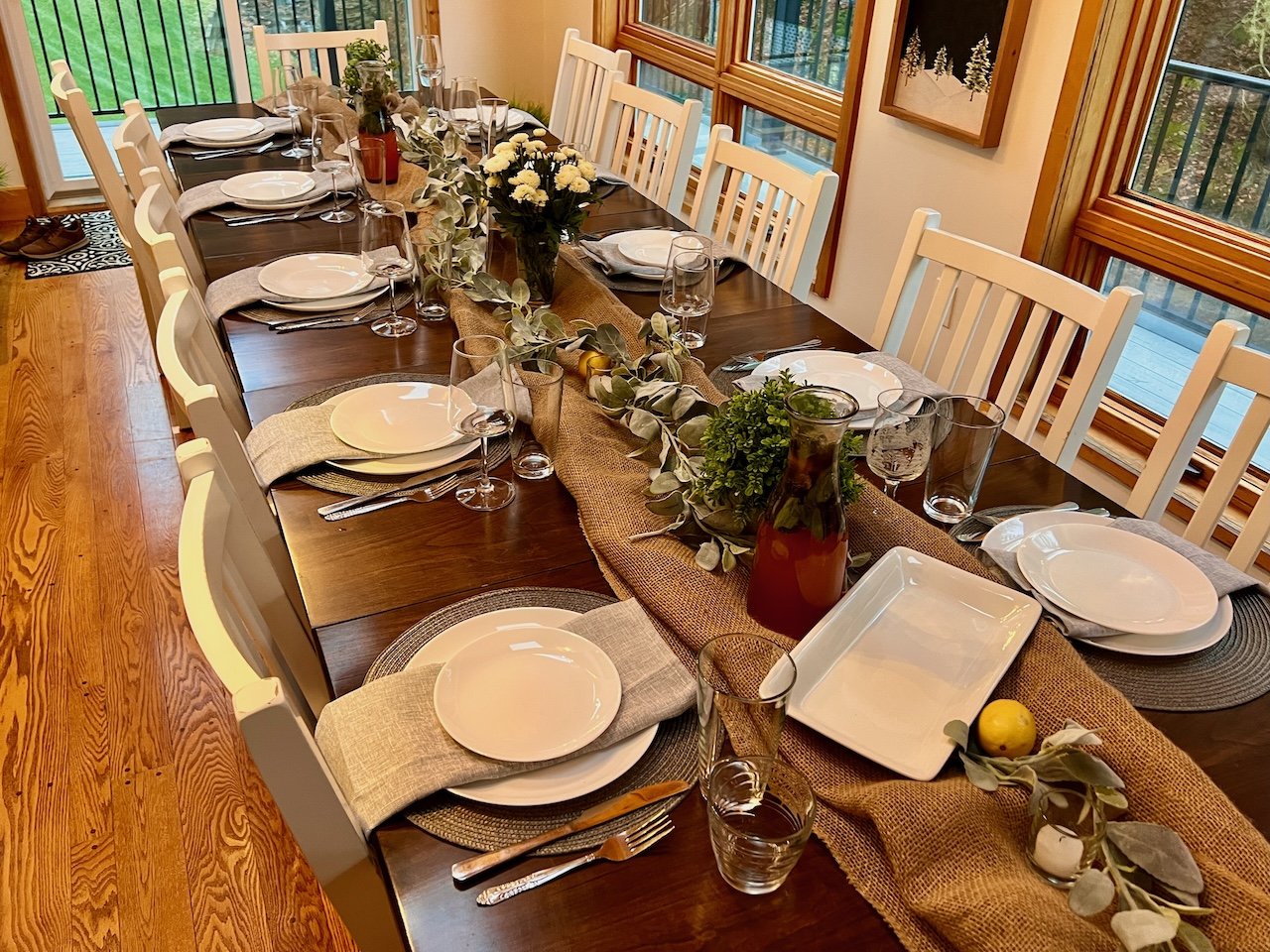Lessons from Party Hosts
I approached the door, feeling a tingle of nerves. I was headed to a fundraising party and didn’t know anyone. Well, that’s not entirely true. I knew the host, but guests can’t stay glued to the host’s side all night, can they? So I opened the door expecting to stay for an hour or two and, to my surprise, ended up being among the last to leave. Sure, I did some of the work, but the host also made it super easy to connect with strangers who are now friends. Let’s deconstruct.
Similar Backgrounds
The party theme was “Moms helping Moms on Mother’s Day,” so we came having something in common. It was easy to get the ball rolling by asking, "What ages are your kids?”
Topic-focused networking events might help professionals break the ice more easily than the usual big general reception. Topic-focused roundtables can also be a great way to meet others. When creating a collaborative event, articulate the goal and let your attendees rally around that goal (it helps them quickly find common points of interest in others.)
Designated Welcomers
A beverage table was placed inside the door, and three welcomers took turns hanging jackets, handling donations, and distributing drinks. Guests were not left to their own devices to figure out where to go and what to do when they first arrived.
I love seeing designated welcomers at conferences and events. Even if they only have time to wave and flash a genuine smile, it makes attendees happy and might even help break the ice for them.
Intentional Connecting
While I was selecting a few snacks, the host swooped by and said, “You’ve got to meet my cousin.” Oh my gosh, her cousin was fabulous, and we had a far-ranging conversation that spanned our childhoods to now having our own kids.
Some association staff intentionally get to know their members so they can introduce members to each other. The proactive introductions are great because sometimes it is hard for members to find the people they need to meet themselves.
These three strategies work with in-person and virtual events, online communities, email, and more. Can you adapt one of these strategies for your members?

